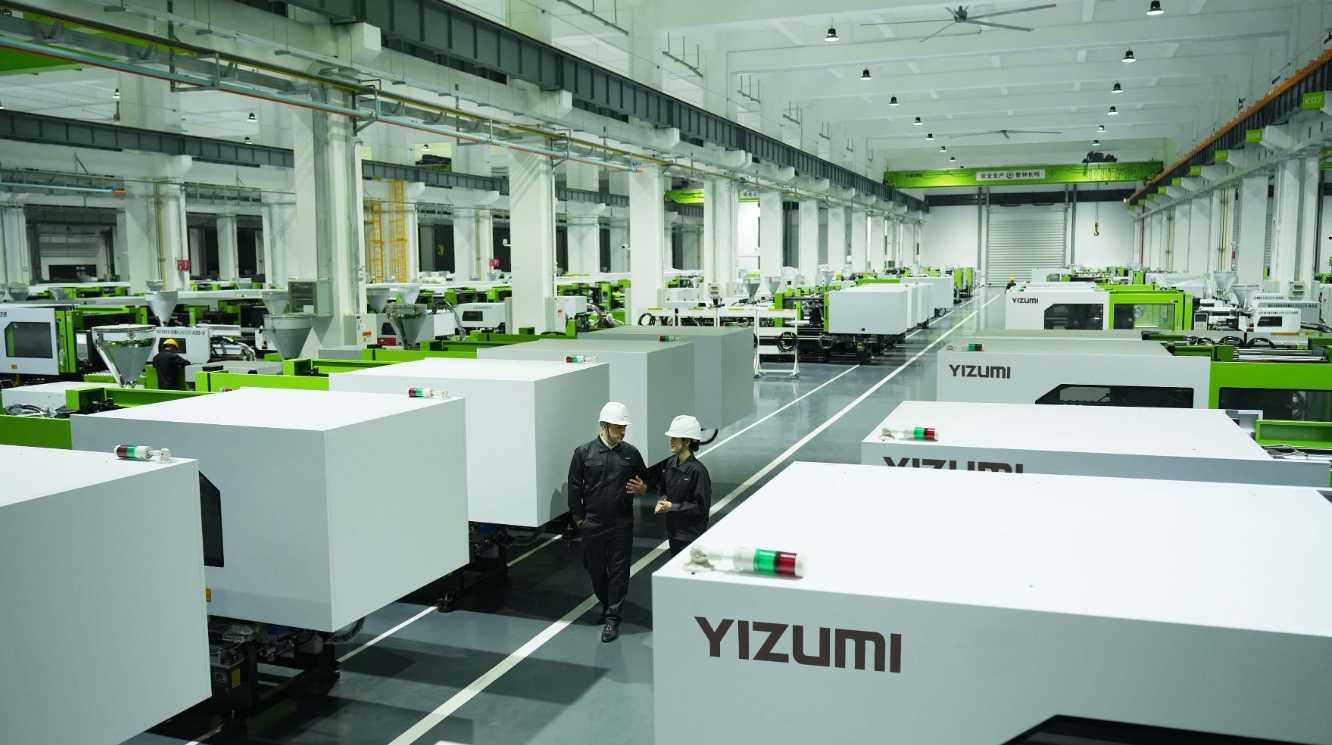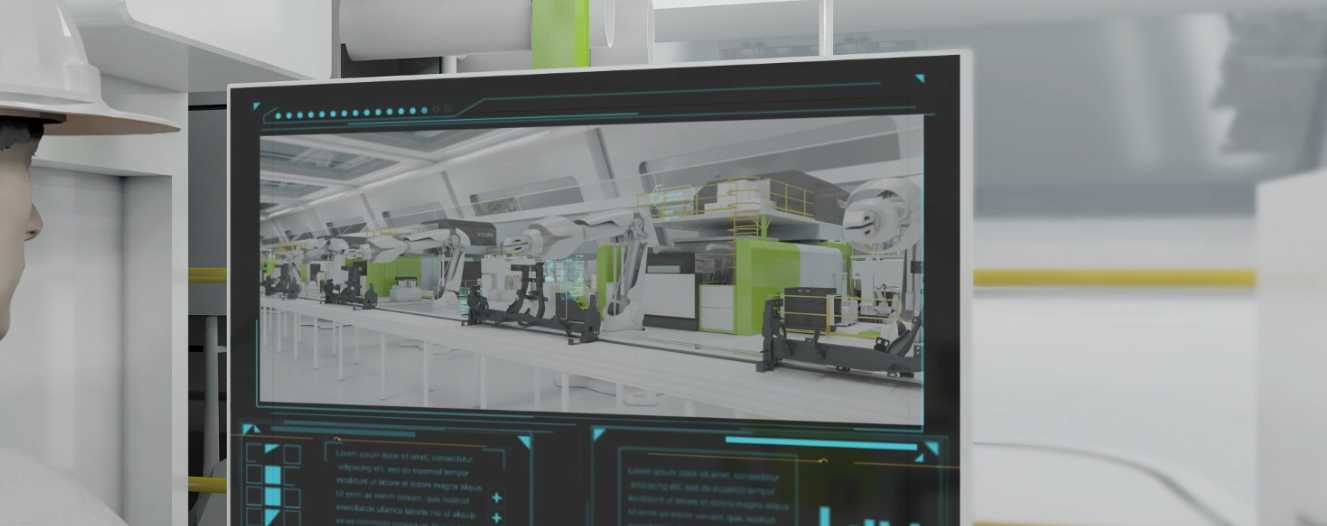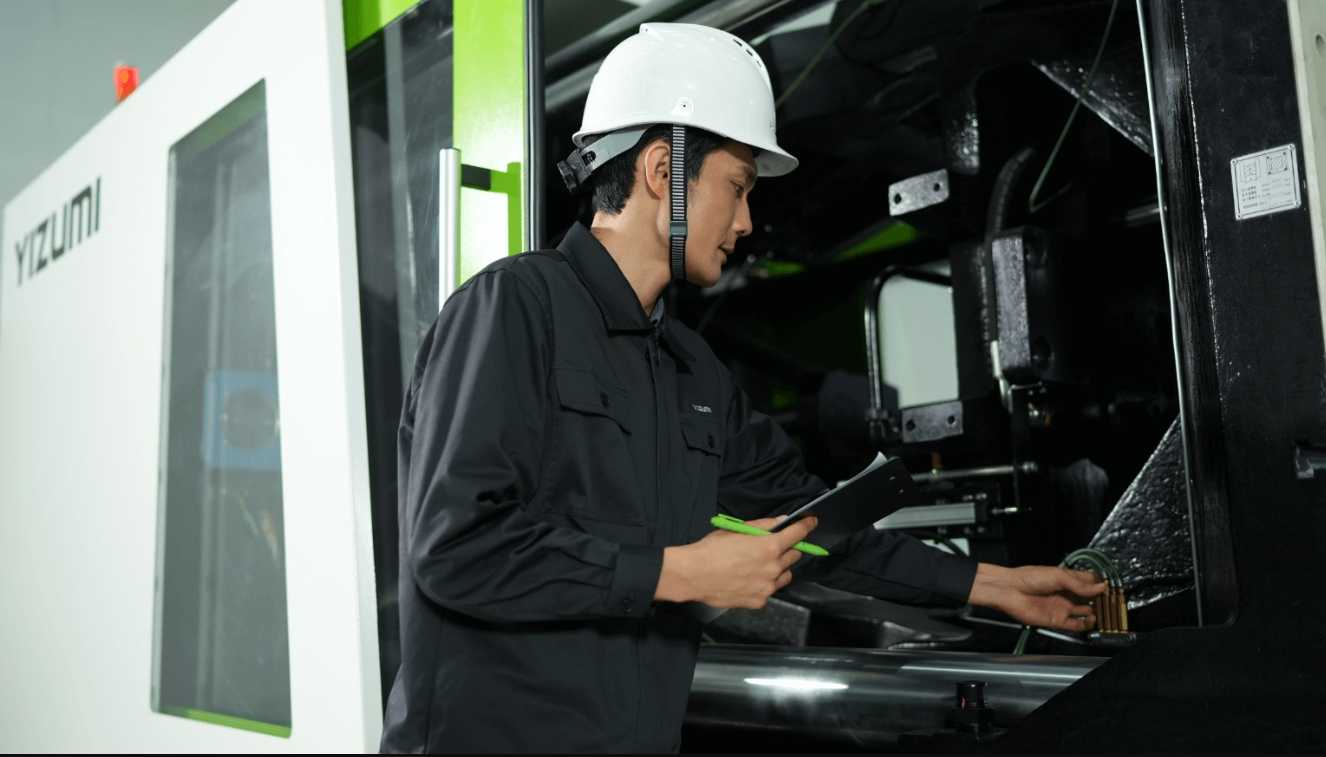Tips for process optimization in injection molding
Abstract:
Why do we recommend optimizing the injection molding process? By comprehensively and critically evaluating the process and production conditions, you can define an efficient production process for greater stability and performance.
Optimizing the injection molding process is recommended because a thorough and critical evaluation of both the process itself and production conditions enables the definition of an efficient production flow. This approach enhances stability and performance, ensuring consistent and high-quality outputs. Injection molding is a critical manufacturing process used across various industries to produce precise, high-quality parts. However, to maximize efficiency and cost-effectiveness, it is essential to optimize the injection molding process. By comprehensively and critically evaluating the process and production conditions, manufacturers can define an efficient production process that ensures greater stability and performance. This article provides practical tips for optimizing the injection molding process, focusing on stability, quality, productivity, and cost efficiency and learn more about YIZUMI's injection molding techniques.

Stable processes by eliminating mass cushion fluctuations
One of the primary goals in injection molding is to maintain stable processes. Stability can be achieved by eliminating mass cushion fluctuations. The mass cushion, or the remaining amount of plastic in the screw after the injection stroke, should remain consistent throughout the production cycle. Fluctuations in the mass cushion can lead to variations in part quality and dimensional accuracy.
Tips for Stability:
1.Consistent Material Supply: Ensure that the plastic granules are consistently supplied to the injection molding machine. Variations in material supply can lead to inconsistent melt flow and cushion size.
2.Proper Machine Calibration: Regularly calibrate the injection molding machine to maintain accurate control over the injection parameters. This includes the screw position, injection pressure, and temperature settings.
3.Controlled Cooling Systems: Implement controlled cooling systems to maintain consistent mold temperatures. Fluctuating mold temperatures can affect the mass cushion and lead to process instability.
Optimized quality thanks to complete mold filling
Achieving complete mold filling is crucial for producing high-quality parts in injection molding. Incomplete mold filling can result in defects such as short shots, voids, and surface imperfections. To ensure optimized quality, it is essential to control the injection process parameters effectively.
Tips for Quality Optimization:
1.Proper Venting: Ensure that the mold has adequate venting to allow air to escape during the injection process. Poor venting can lead to incomplete filling and trapped air, causing defects.
2.Optimal Injection Speed and Pressure: Adjust the injection speed and pressure to achieve complete mold filling without causing excessive stress or material degradation. A balance between speed and pressure is crucial.
3.Uniform Melt Temperature: Maintain a uniform melt temperature to ensure consistent flow of the plastic material into the mold. Temperature variations can lead to uneven filling and part defects.
4.Utilizing digital solutions from YIZUMI's product lineup enhances part repeatability and effectively mitigates various process fluctuations.
Short cycle times for increased productivity and cost efficiency
Our customers' primary goal is consistently achieving low cycle times. To achieve this, we recommend regularly assessing whether setting maximum values for process stability is necessary. While maximum settings can reduce cycle times, they also increase energy consumption and wear on parts. It's crucial to find a balance: reducing cycle times can boost productivity and cost efficiency in injection molding, but this must be done while ensuring high part quality and stable processes.

Tips for Reducing Cycle Times:
1.Efficient Cooling Systems: Implement efficient cooling systems to reduce the cooling time without compromising part quality. Using conformal cooling channels can enhance cooling efficiency.
2.Rapid Mold Opening and Closing: Optimize the mold opening and closing mechanisms to minimize idle time. Automated systems can speed up these processes and reduce cycle times.
3.Optimized Ejection Mechanisms: Ensure that the ejection mechanisms are efficient and do not cause delays or part damage. Proper ejection timing and force are critical for maintaining productivity.
With these tips for process optimization in injection molding, you can produce more efficiently and save costs
By following the tips outlined above, you can achieve significant improvements in your injection molding processes. Optimizing stability, quality, and cycle times leads to more efficient production, higher-quality parts, and reduced operational costs.
Additional Tips for Cost Savings
Regular Maintenance:
Regular maintenance is crucial for injection molding machines and molds to prevent unexpected breakdowns and minimize downtime. By adhering to a scheduled maintenance program, manufacturers can identify and address potential issues early, ensuring machines operate at peak efficiency. This proactive approach not only extends the lifespan of equipment but also reduces overall maintenance costs over time.
Process Monitoring and Control:
Implementing advanced process monitoring and control systems is essential for maintaining consistent quality and optimizing production efficiency in injection molding. These systems continuously monitor key parameters such as temperature, pressure, and cycle times. Real-time data analysis allows operators to detect deviations from optimal conditions promptly and make necessary adjustments. This proactive monitoring not only enhances product quality but also minimizes material waste, contributing to cost savings and improved competitiveness.
Material Optimization:
Choosing the right materials is critical for cost-effective injection molding. Manufacturers should select materials based on specific application requirements to achieve desired performance characteristics while minimizing material costs. Additionally, considering the use of recycled materials where feasible can further reduce raw material expenses and align with sustainability goals. Material optimization strategies involve rigorous testing and evaluation to ensure that selected materials meet quality standards without compromising on product integrity or performance.
Conclusion

Optimizing the injection molding process is crucial for manufacturers aiming to achieve greater stability, quality, productivity, and cost efficiency. By focusing on eliminating mass cushion fluctuations, ensuring complete mold filling, reducing cycle times, and implementing additional cost-saving measures, manufacturers can significantly enhance their injection molding operations.
YIZUMI’s expertise in injection molding provides valuable insights and solutions to help manufacturers optimize their processes. By leveraging advanced technologies and best practices, YIZUMI ensures that manufacturers can produce high-quality parts efficiently and cost-effectively. Implementing these tips for process optimization in injection molding will enable manufacturers to stay competitive in the market, meet customer demands, and achieve sustainable growth. Feel free to learn more about how YIZUMI utilizes advanced technologies and practices to help manufacturers improve production!





